Popular Malaysia Packages
| Malaysia Packages | Duration | Price |
|---|---|---|
| Malaysia Elite Escapes | 7 Nights | Send Enquiry |
| Golden Getaways Malaysia | 5 Nights | ₹54,900 |
| Platinum Malaysia Vacations | 5 Nights | ₹49,900 |
| Five-Star Malaysia Tours | 4 Nights | ₹44,900 |
| Wild Wonders of Malaysia | 6 Nights | Send Enquiry |

Cultural Charm of Malaysia
3N/4D

Five-Star Malaysia Tours
4N/5D

Platinum Malaysia Vacations
5N/6D

Wild Wonders of Malaysia
6N/7D

Malaysia Elite Escapes
7N/8D

Golden Getaways Malaysia
5N/6D
International Destinations!
International Destinations!
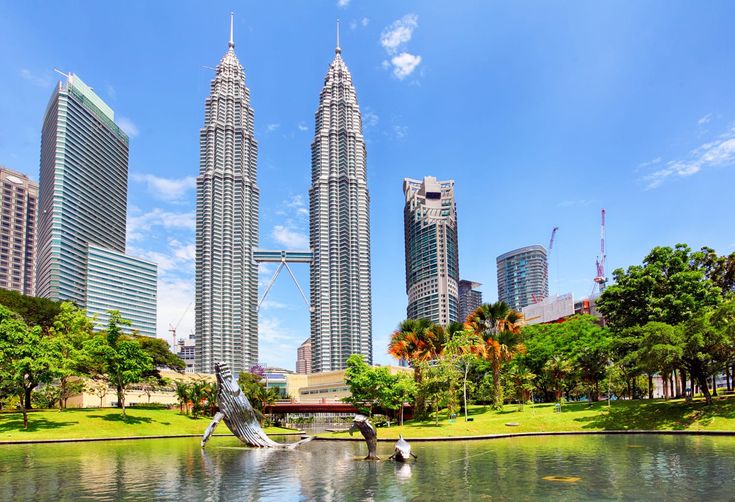
Kuala Lumpur
Home to the iconic Petronas Twin Towers, Kuala Lumpur (KL) is a bustling capital filled with skyscrapers, upscale shopping malls, cultural landmarks, and vibrant night markets.
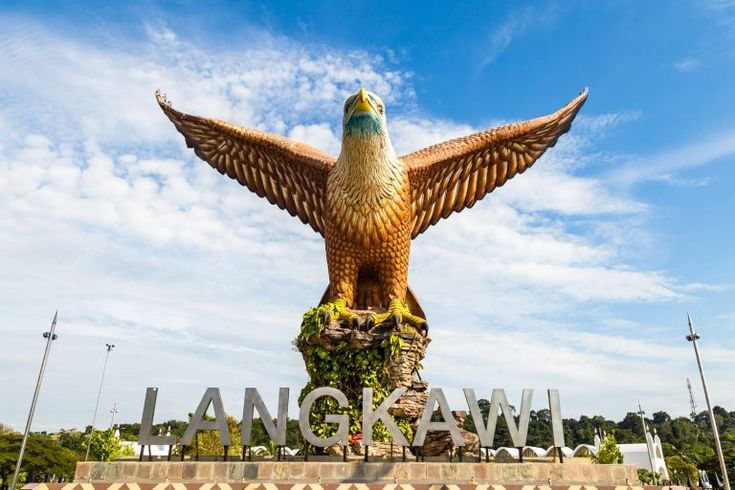
Langkawi
A tropical paradise of pristine beaches, lush rainforests, and duty-free shopping. Langkawi is perfect for relaxation and nature lovers. Langkawi Sky Bridge , Island-hopping tours , Mangrove forest adventures
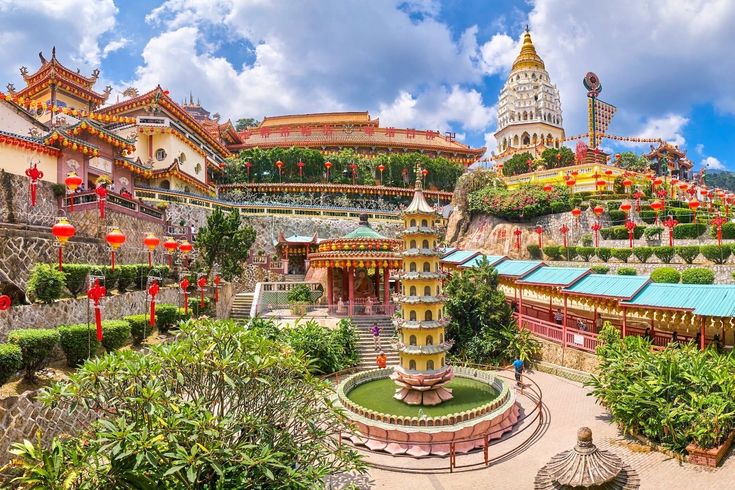
Penang
Known as the food capital of Malaysia, Penang blends heritage with hipster vibes. George Town, a UNESCO World Heritage Site, is a walkable city full of street art and delicious eats.
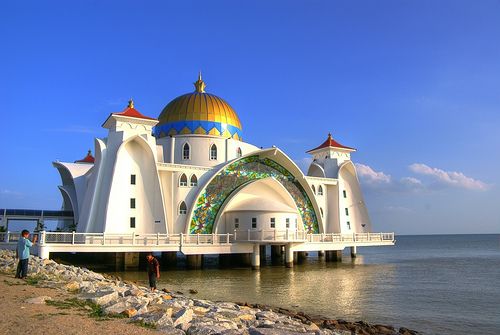
Malacca (Melaka)
Malacca showcases centuries of colonial history from the Portuguese, Dutch, and British. The heritage-rich city is ideal for history buffs and cultural explorers.
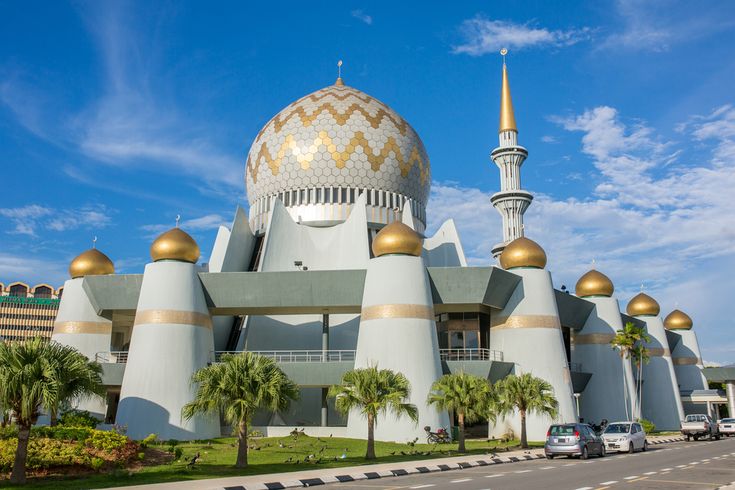
Borneo
Explore lush rainforests, ancient caves, and unique wildlife on Malaysian Borneo. A haven for eco-tourism and adventure seekers.
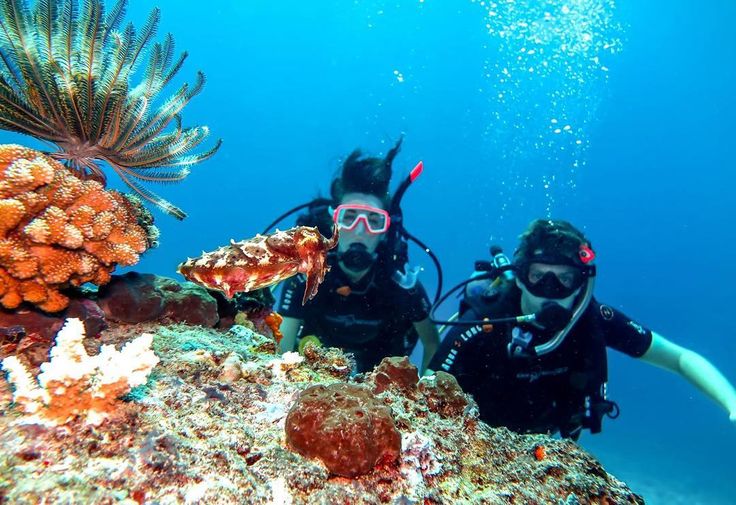
Tioman Island
A serene island off Peninsular Malaysia’s east coast, known for its coral reefs, crystal-clear waters, and jungle treks-Tioman Island
In the Spotlight
Malaysia boasts a vibrant and diverse restaurant scene that perfectly complements its exotic charm, surrounded by coral reef islands and lush tropical forests. The country offers an incredible culinary experience with a delightful fusion of Malay, Chinese, and Indian cuisines. Whether you're exploring Peninsular Malaysia or venturing into the island of Borneo, you're sure to enjoy a memorable gastronomic journey. One of the best aspects of dining in Malaysia is the variety—you’re never limited to just one type of cuisine. Malaysian restaurants present a wide array of dishes, allowing you to indulge in the authentic and rich ethnic flavors the country has to offer.
Lot 10 Hutong Food Court : Situated in the bustling Bukit Bintang area of Kuala Lumpur, this popular food court is a favorite among locals. Malaysians have a deep appreciation for food courts and communal dining spaces, and this spot stands out for both its prime location and its diverse culinary offerings. The food court is predominantly filled with Chinese vendors serving up steaming bowls of noodles and freshly made dumplings. It's an ideal and budget-friendly option, especially for tourists traveling in groups. Chinese cuisine in Malaysia often carries subtle influences of Malay and Thai flavors, making it uniquely delicious. To make the most of your visit, it's recommended to explore all the stalls before making your selection.
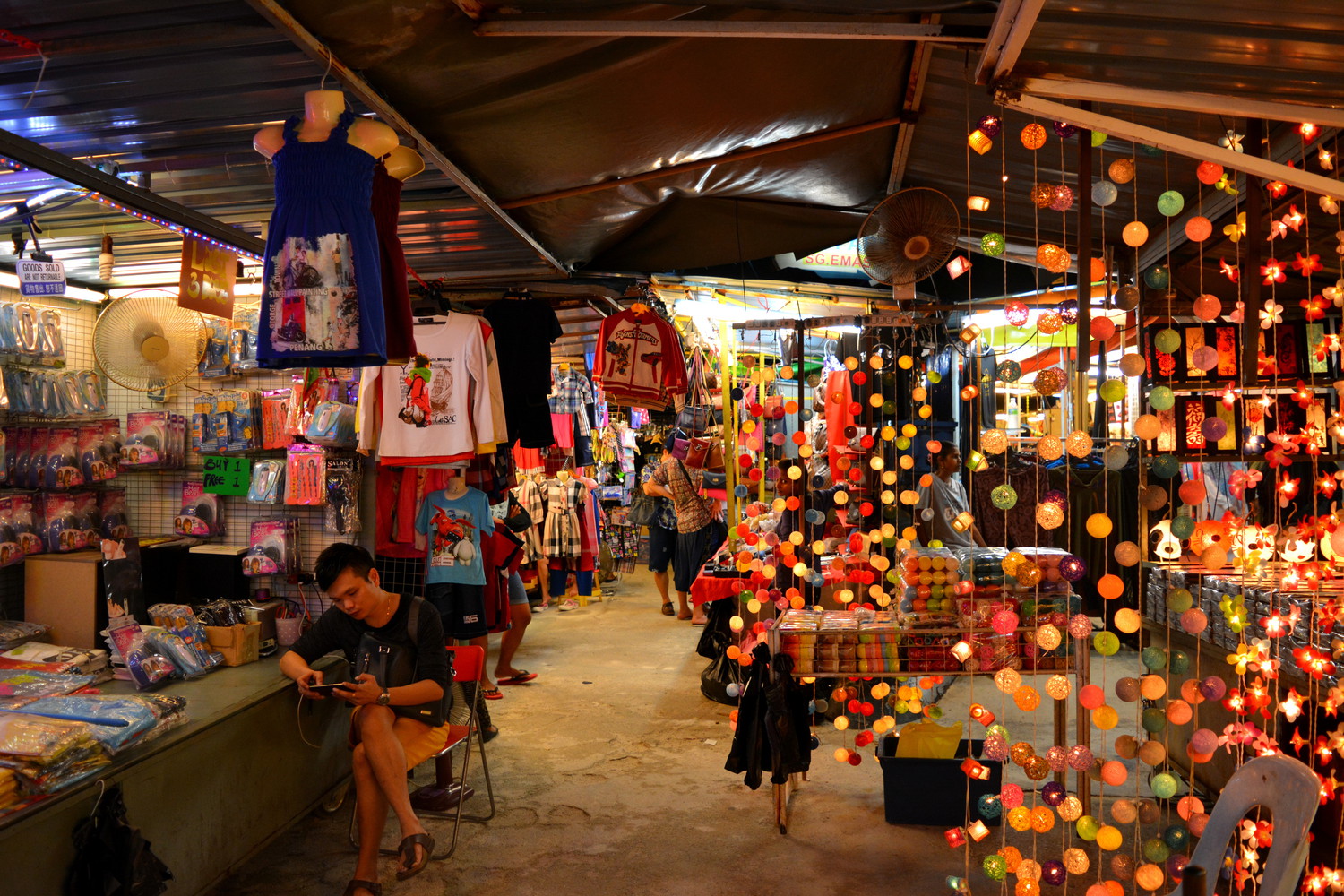

The Dyak: Run by the globally acclaimed chef Gaggan Anand, this restaurant continues to revolutionize Indian cuisine in Thailand. After the original Gaggan closed in 2019, Gaggan Anand opened this new iteration, offering a more personal and experiential dining journey. Known for its playful and avant-garde approach, the restaurant features a tasting menu that fuses traditional Indian flavors with modern molecular gastronomy. Each dish is a creative expression, often served with humor, interactivity, and storytelling, making it one of the most unique fine-dining experiences in Asia.
Devi's Corner :No culinary journey through Malaysia is complete without indulging in authentic Malay cuisine—and Devi's Corner is the perfect place to do just that. Renowned for its traditional fare, this iconic spot offers a truly immersive dining experience, with meals served on fresh green banana leaves. You’ll be treated to a hearty combination of yellow rice, meats, and salads, all chosen from a wide array of flavorful options. While you’ll be offered a standard English cutlery set with a fork and spoon, the real experience lies in eating with your hands—just like a true South Asian local.


Jambu : Missing out on the exceptional seafood in Borneo would truly be a culinary crime. This part of Malaysia is renowned for its fresh catches, thanks to the many fishing villages scattered across the island. Among the best places to savor this bounty is Jambu, a restaurant that stands out for both its quality and ambiance. With charming colonial-style decor and a French-inspired starter menu, Jambu offers a unique blend of elegance and local flavor. Don't miss their homemade chicken pâté, an array of succulent steaks, and their signature grilled fish. A highlight is the famous sea bass, served with either rich Bornean coconut cream or infused with fragrant lemongrass. All of this is enjoyed to the smooth backdrop of jazz music, complemented by an impressive wine selection.
Malaysian cuisine is a rich and diverse blend shaped by the culinary traditions of Indian, Chinese, Thai, and native Malay cultures. The influence of Islamic practices, along with the heritage of the Dayak tribes in Borneo, has further enriched the country’s food landscape, making it truly unique. As a result, Malaysia offers an impressive spectrum of flavors for you to discover. From tender chicken simmered in creamy coconut milk to an Oriental-style biryani, the variety is sure to leave you captivated. While some regions lean more towards Chinese-inspired dishes, others embrace the bold spices of Malay and Indian cuisine, offering something delicious for every palate.
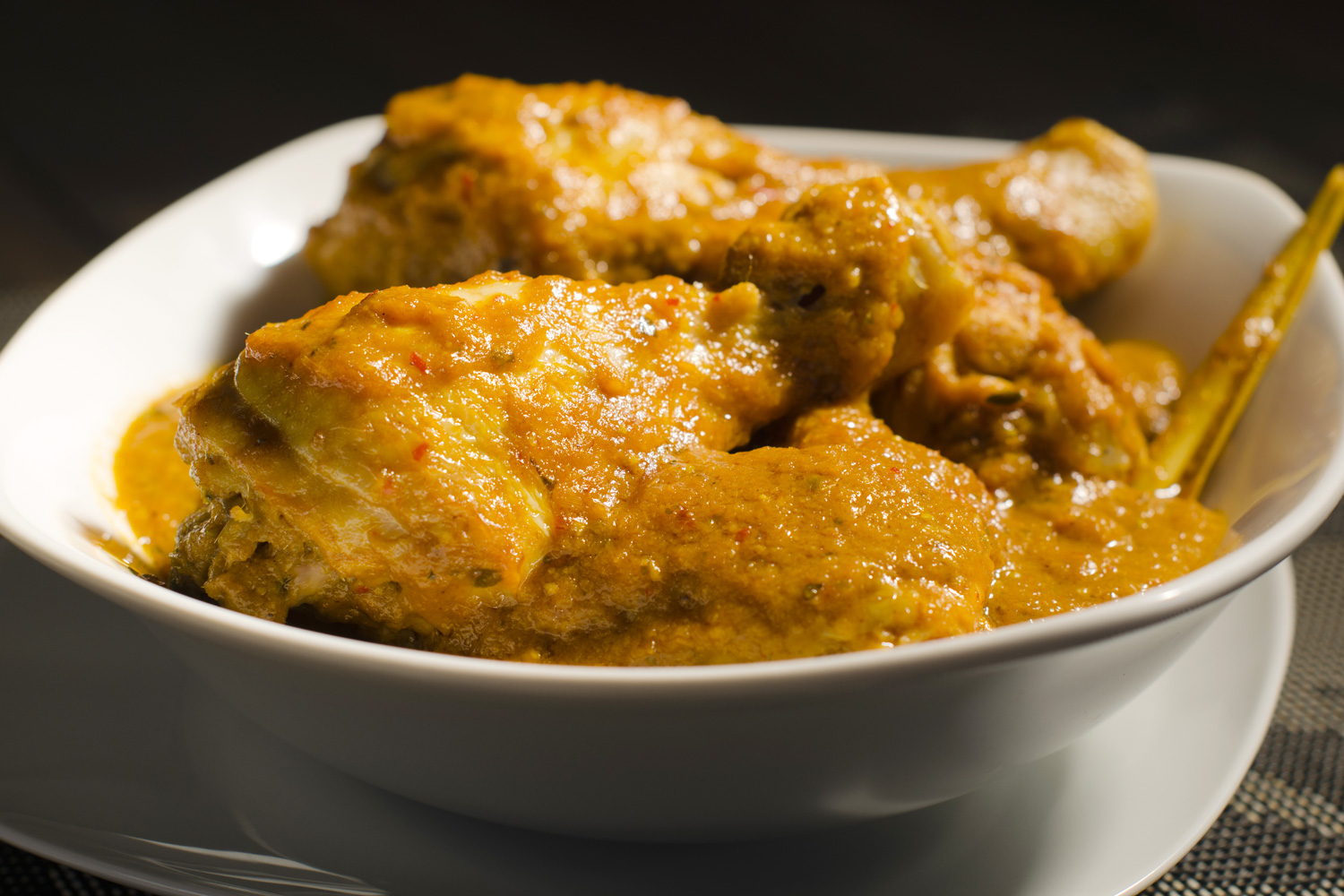
Kari Kapitan: ง): A traditional Malaysian chicken curry made with a rich blend of exotic spices and generous amounts of coconut milk, resulting in a creamy and flavorful dish.
Otak Otak: A popular Malaysian finger food, these fish cakes are seasoned with aromatic spices, wrapped in banana leaves, and steamed to perfection—offering a fragrant and savory bite.
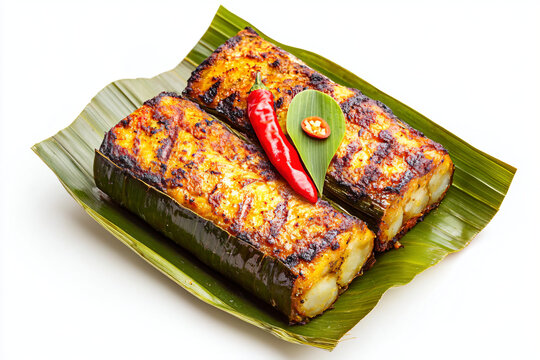
.jpg)
Ayam Percik: A beloved Malaysian grilled chicken dish, marinated in coconut milk and a medley of herbs and spices, then grilled until tender and smoky with a slightly charred finish.
Nasi briyani gam: TMalaysia’s take on the classic biryani, this aromatic dish features rice cooked with a flavorful mix of herbs, spices, and tender meat, offering a rich and satisfying meal.
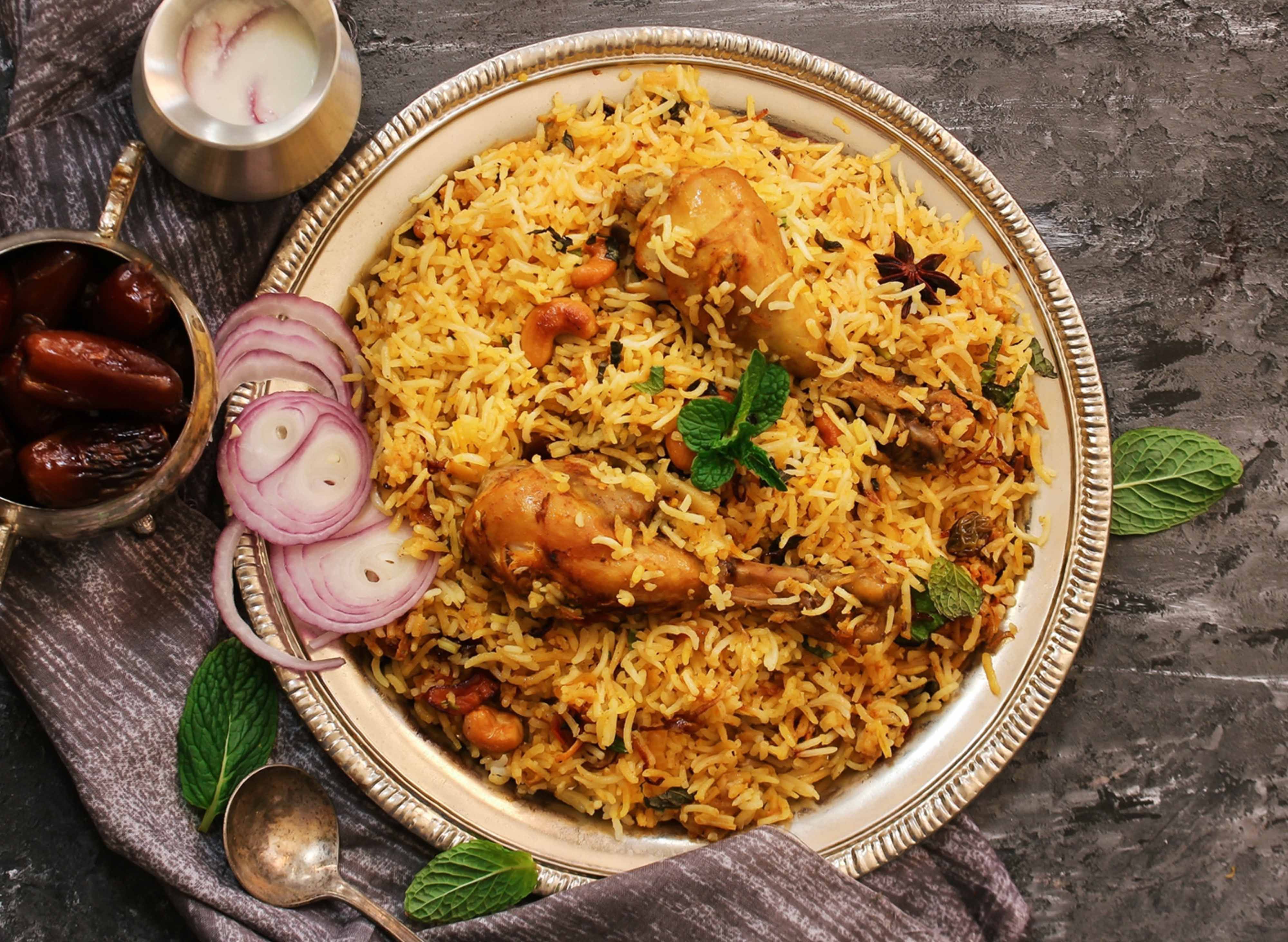

Mee bandung:่):A popular Malaysian noodle dish that highlights Chinese culinary influence, made with thick noodles drenched in a savory shrimp or beef-based gravy, delivering bold and hearty flavors.
The markets of Malaysia are always alive with a festive spirit, with supermarkets and beachside stalls adorned in glittering lanterns and vibrant artwork. These bustling spaces perfectly reflect the country's rich multicultural essence. Whether you're looking for local food, handicrafts, artwork, or antiques, there's something for everyone—even tourists will find plenty to explore and purchase. Some markets operate weekly, while others are open every day, buzzing with activity. The lively atmosphere may remind you of your local bazaar, but the sheer variety of goods and the diverse mix of people set Malaysian markets apart. It's not unusual to find stalls selling traditional Chinese decorations right next to ones offering fragrant Indian curries—all in the same vibrant marketplace.
Batu Ferringhi Night Market: This beachside bazaar in Penang strikes a balance between quirky and classy, retaining a touch of colonial charm. As the sun sets, the market’s stalls shimmer against the backdrop of the evening sky, creating a magical coastal atmosphere. Nestled alongside lively beach bars, it's the perfect place to unwind and explore before heading off to a vibrant beach party at night. You'll find an endless stretch of stalls offering everything from local street food and fresh seafood to charming souvenirs. It's a favorite spot for seafood vendors to source fresh clams and crabs, and for visitors, it's a treasure trove of Chinese lanterns, handcrafted goods, and keepsakes. Don’t be surprised to see plenty of “I Love Penang” T-shirts—ideal mementos of your time in this lively seaside market.
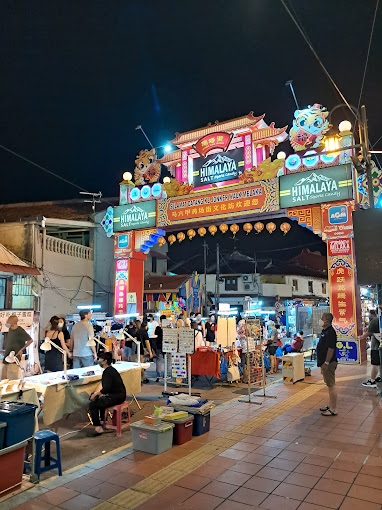
Jonker Walk Night Market : Southeast Asia is renowned for its vibrant night markets, and Malaysia’s Jonker Market in Melaka is no exception. Located in the historic heart of Malacca, this bustling night market is famous for its diverse food stalls and local delicacies. Among the popular treats is Cendol, a sweet dessert made from coconut milk that is beloved throughout the region. Beyond desserts, you’ll find a variety of comforting dishes like chicken rice balls and popiah—a Peranakan specialty made with thinly sliced turnip. Jonker Market showcases Malaysia’s adventurous culinary spirit, offering some of the most unique and flavorful foods you can find in the country.
Gaya Street Sunday Market: The weekly market in Kota Kinabalu exudes an authentic local charm. After church services, many locals gather here, while tourists from around the world come to explore the unique handicrafts displayed at the various stalls. Upon entering, you'll notice numerous visitors searching for batik sarongs—wax-dyed fabrics widely used for artwork in the region. The market also features plenty of stalls selling fresh anchovies, a favorite among the people of Sabah. In addition, you’ll find numerous food vendors offering hot, delicious treats, as well as stalls selling pets such as birds, fish, and other animals.
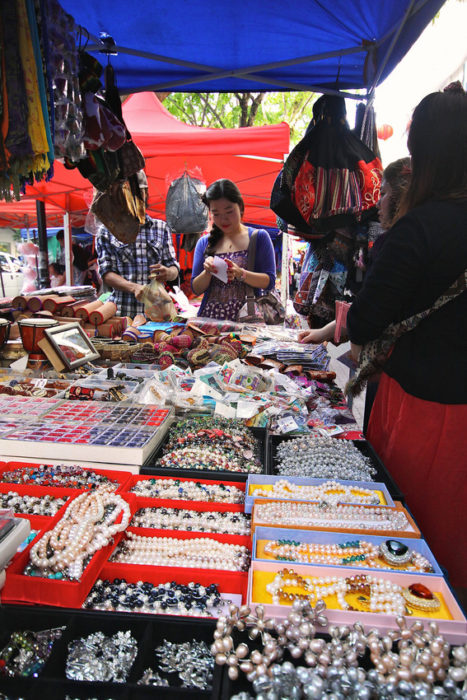
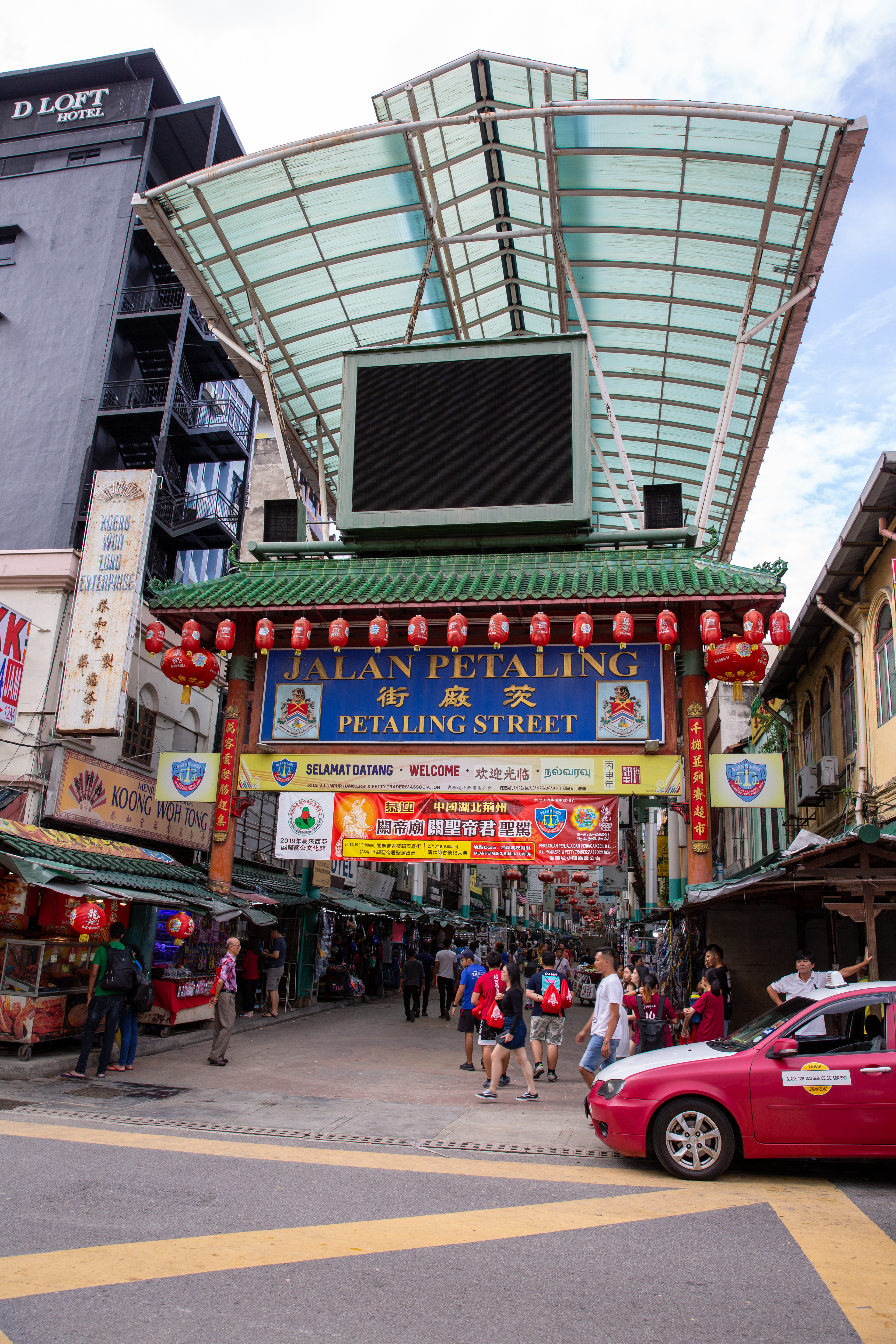
Petaling Street : Now that you’re familiar with Bukit Bintang in Kuala Lumpur, it’s time to introduce you to another popular shopping hotspot—Petaling Street. If Bukit Bintang feels a bit pricey, Petaling Street offers a more budget-friendly alternative. This bustling marketplace is lined with hundreds of stalls selling everything from fashionable clothing to street food and even banking services. The lively atmosphere, with energetic hawkers enthusiastically promoting their goods, makes it a vibrant place to explore. You’ll find a wide range of trendy T-shirts and plenty of replicas of famous brand names. It’s also an excellent spot for bargaining—shoppers often manage to negotiate prices down by as much as 50% from the original asking price.
Satok Weekend Market: The markets on the island of Borneo have a truly exotic charm, and the Satok Weekend Market in Kuching stands out as one of the most vibrant and colorful markets in all of Malaysia. The food section here is simply exceptional, with locals proudly claiming that the finest farm produce from Eastern Malaysia is brought to this market. It’s common to see chefs and hotel staff gathering at the food stalls early in the morning, eager to select the freshest ingredients. You’ll find an abundance of fresh pineapples, jellyfish, and the local favorite, the distinctive purple dabai fruit. Additionally, there is a dedicated area for potted plants, attracting flower enthusiasts who come to pick up cacti, orchids, and other greenery. The market also features a pets section, where a variety of caged animals and birds are displayed.

The official currency of Malaysia is the Malaysian Ringgit, which is widely accepted at all shops, hotels, restaurants, and beachside stalls throughout the country. Since there is no limit on the amount of currency you can bring into Malaysia, it’s important to exchange enough Indian Rupees into Ringgit before your trip at any FOREX center. While Malaysia does accept international debit and credit cards, it remains largely a cash-based economy, making it essential to carry sufficient cash during your travels. Currently, the exchange rate is approximately 1 Malaysian Ringgit to 17 Indian Rupees, so be sure to convert the amount of Ringgit you’ll need ahead of time.
Special Tips
- Malaysia is cash oriented economy and from simple commute fairs to restaurant bill, they expect you to pay by cash.
- If you are traveling with your family then there should be at least 500 ringgit per day per person you should carry.
- Now if you are planning on doing some expensive shopping then the bar should be raised to 750-1000 ringgit per day per person
- 500 ringgit per person in a day will allow you to have lunch and dinner in good places and you can also hit the smaller markets around the town.
- The bigger hotels and restaurants do accept international debit card and credit card but you need to tip the waiters in cash.
Indian tourists traveling to Malaysia have three types of visas available for tourism purposes. The first is the Malaysian eNTRI visa, which permits a stay of up to 15 consecutive days. The second option is the Malaysia single-entry eVisa, allowing visitors to stay for up to 30 days. The third type is the Malaysia 30-day multiple-entry eVisa, typically arranged by tour operators for groups of two or more travelers. The eNTRI visa is usually processed within 1 to 2 working days, while the single-entry and multiple-entry eVisas may take slightly longer to be issued.
Depending on your group size and length of stay, you can choose from three types of tourist visas for Malaysia. The first visa category grants entry specifically into mainland Peninsular Malaysia from India, as well as from countries like Thailand, Brunei, and Singapore. The other two visa types allow entry from any country, even when traveling with an Indian passport. The visa fees for these three categories are INR 2,800, INR 4,000, and INR 4,500, respectively. Tour operators typically apply for the third category visa. For more details, you can visit the VFS Malaysia website.
Malaysia is a relatively safe country to travel but it has strict Islamic laws which prohibits you from doing many things which you might do well in Thailand or Singapore. You should carry your passport all the time with you and should be aware of the location of your embassy. Malaysia is known for its petty crimes like credit card frauds and scams. That is why it is important that you do not use your cards much whilst paying. Be aware of your surrounding and do not roam away from your group. Accessing sensitive information using public WiFi is also risy in Malaysia and that is why do not open your bank accounts or social media accounts using public networks. Keep your cash close to you and carry sufficient amount for the day.
- Police and Ambulance: 999
- Fire: 994
- Civil Defense: 991 1669
- Accidents/Natural Disasters: 991
- Indian Embassy: 03-253-3510/ 511








